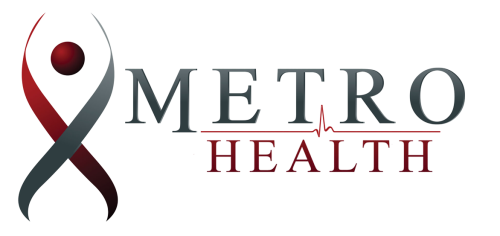Since the coronavirus pandemic hit the U.S. in full force last March, the country has gone through a lot, including the near-complete lockdown of all non-essential businesses, a substantial boom in virtual working, followed by a gradual reopening of offices, shops, fitness centers, restaurants, etc. This has pushed many businesses to examine how they will bring their workforce back without jeopardizing their employees’ health.
A significant part of that quandary is how this affects employees who are in their 60s or older. Seniors tend to have weaker immune systems and are more likely to develop COVID-19 if exposed to the virus, as well as being more likely to die from it. So, at that age, deciding to return to work can feel like you’re walking into a very dangerous situation. Meanwhile, the consequences of not working could be that the job goes away permanently, as well as the financial hardship from losing that income.
If you are planning a return to work, there are several things to keep in mind to minimize risk of exposure and the possibility of getting sick.
- Practice social distancing. There’s been plenty of research on how far the coronavirus can travel in the air when you breathe, potentially infecting other people. That’s why epidemiologists have recommended keeping six feet of space between you and others as much as possible. If you have the option, working virtually from home at least a few days a week is still a good idea.
- Wear a mask. While masks in general don’t block 100 percent of the virus when you exhale or talk, a substantial amount is caught in the mask’s fibers, substantially reducing the viral load you’re putting out into the environment. That said, the mask does a lot less to protect the person wearing it, so it’s important for everyone around you to wear a mask as well.
- Avoid hugging others or shaking hands. Hugging each other and especially shaking hands are common ways people greet each other, so this may be a difficult habit to break. However, it’s important. When you shake hands, if the person you’re greeting has coronavirus on their hands, it will be transferred to yours. Then, the next time you touch your eyes, mouth, or nose, you are effectively putting the virus into your own system. And hugging involves such close personal contact that it’s nearly impossible to protect yourself from being infected.
- Disinfect your workspace… a lot. Depending on the type of surface, coronavirus can live up to five days on desktops, counters, furniture, etc. One way it can get into your system is by being transferred from that surface to your hand, and then from your hand to your eyes, mouth, or nose. So, keep a pack of disinfectant wipes at your desk and wipe down the surfaces you touch several times a day.
- Wash your hands frequently. As often as you can throughout the day, make a point of going to the washroom and washing your hands with soap and hot water for at least 20 seconds. This will get rid of any virus that may have gotten on your palms or fingers and prevent you from transferring it to other people or infecting yourself.
- Minimize how often you meet in person. Even if the person you need to meet with is just a few cubicles away, try to make it a virtual meeting using whichever platform your job uses. This is even more important if it’s a larger meeting with several people. Having a half dozen or so people sitting around a table in an enclosed meeting room increases the risk substantially.
- Avoid the cafeteria or break room. Because so many people tend to gather there, going into an office cafeteria or break room could be like walking into a coronavirus cloud. That’s a lot of people who can’t wear masks because they’re eating. Whether they’re suspended in the air or have settled onto tabletops and other surfaces, the possibility of picking up the virus is simply too risky.

